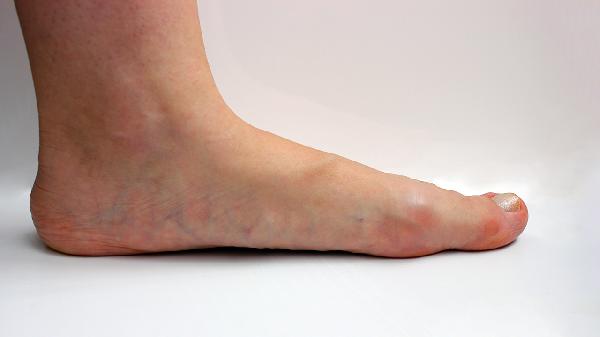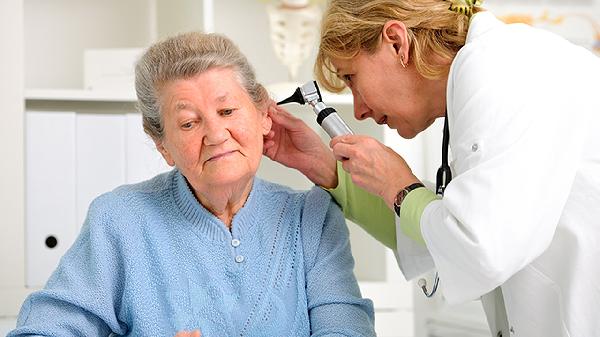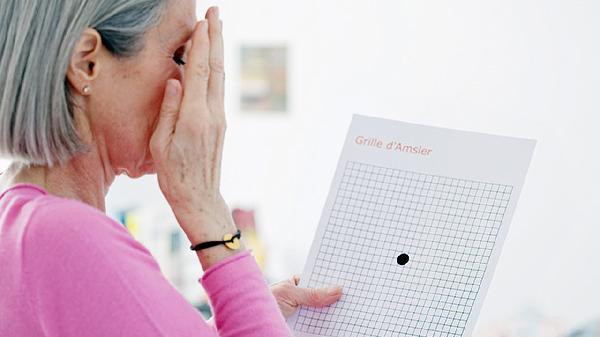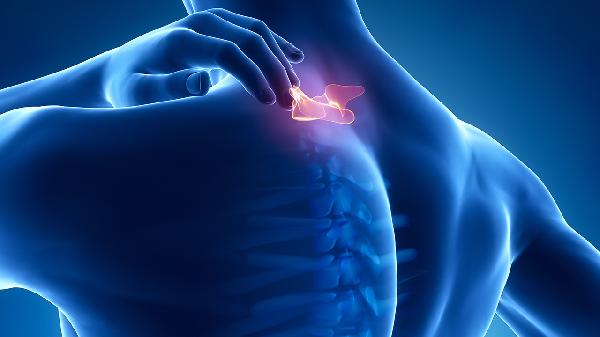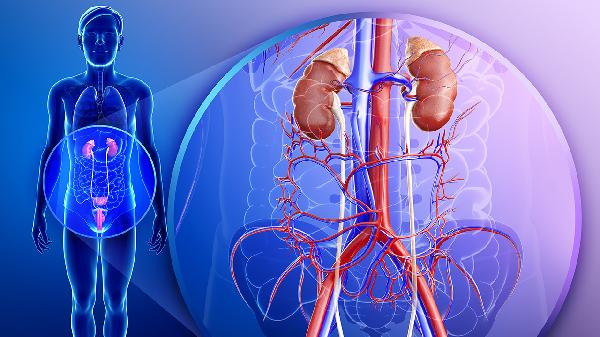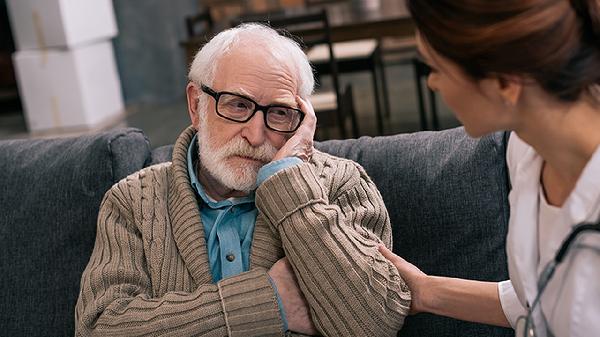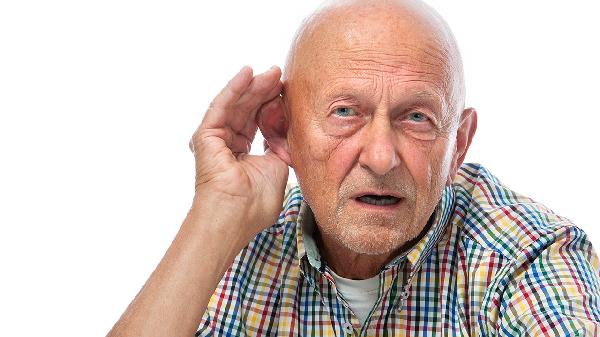What causes a slow heart rate in the elderly? Many elderly diseases are associated with a fast heart rate, so it is undoubtedly not a good thing for the elderly to have a too fast heart rate. However, a slow heart rate should not be ignored either, as it may be a sign of certain diseases. So, what are the reasons for a slow heart rate in the elderly?

A fast heart rate in the elderly is not a good thing and can lead to many diseases. However, an excessively slow heart rate should also be noted. The reasons for a slow heart rate in the elderly include the following:
1. Conduction Block in the Elderly
Conduction block is caused by lesions in the sinoatrial node or the heart, which prevent the commands from the sinoatrial node from being transmitted. Conduction block is divided into three degrees: First-degree is mild and may be asymptomatic, only detectable on an electrocardiogram; Second-degree involves a few commands not being transmitted, and patients often feel like their heart has skipped a beat; Third-degree is the most severe, where all commands fail to be transmitted, with a heart rate of 20-30 beats per minute, very irregular, and patients experience severe symptoms, with the risk of cardiac arrest at any time, requiring immediate emergency treatment.
2. Changes in Sympathetic Nerve Tension
Sinus bradycardia caused by increased sympathetic nerve tension is common in normal individuals. Although the heart rate is slow, it is strong, regular, and not less than 50 beats per minute, with no reduction in cardiac output, maintaining normal endocrine system function.
3. Changes in Sinus Node Function
The heartbeat is governed by the sinoatrial node. Bradycardia caused by lesions in the sinoatrial node itself is clinically known as sick sinus syndrome, with a heart rate of around 40 beats per minute, significantly reduced cardiac output, and patients experiencing blurred vision, dizziness, tinnitus, and a series of other symptoms. In severe cases, coma and convulsions can occur. Due to insufficient coronary blood supply, patients may develop angina pectoris or even myocardial infarction.
4. Degenerative Heart Disease
Degenerative heart disease is caused by gradual aging and metabolic disorders in heart tissue. The heart and its valves inevitably undergo fibrosis and calcification under the long-term impact of blood flow and pressure load, resulting in heart valve stenosis or insufficiency. If the heart's conduction system is affected, it can cause bradycardia, premature beats, atrial fibrillation, or more severe arrhythmias, with bradycardia being more common.
Degenerative heart disease can easily be confused with other heart diseases. Therefore, once elderly individuals show symptoms of heart disease, such as progressive slowing of heart rate, arrhythmias, decreased cardiac function, etc., and these cannot be explained by common heart diseases, the possibility of degenerative heart disease should be considered. If elderly individuals experience a slowing heart rate, apart from reasons like medication, the possibility of heart disease itself should also be considered, especially in cases accompanied by episodic dizziness, blackouts, chest tightness, etc., and prompt further hospital treatment is necessary to prevent accidents.
